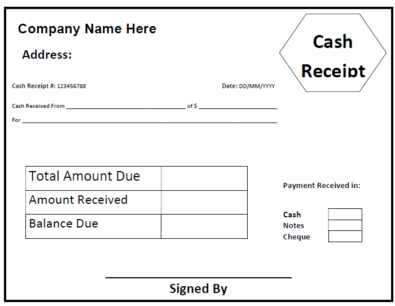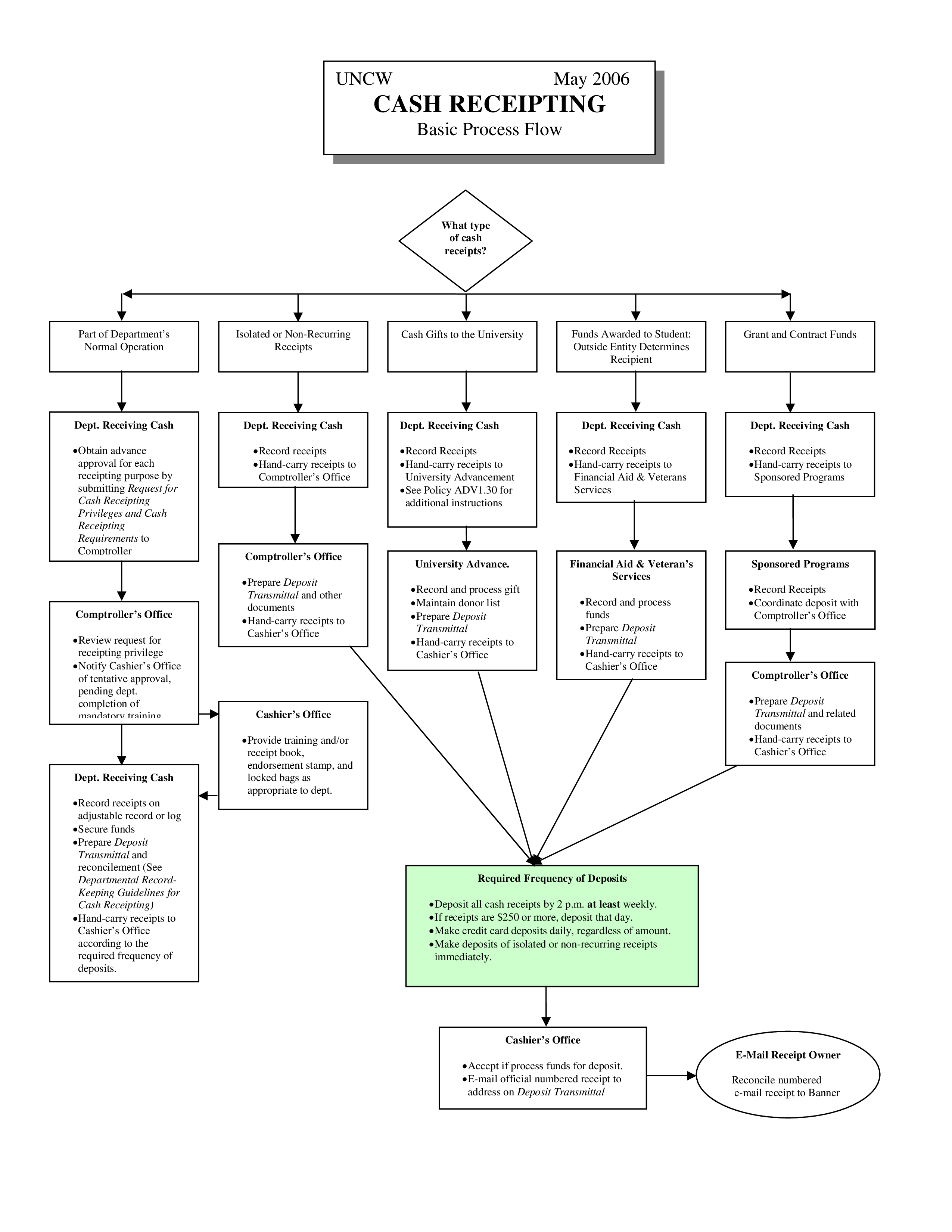

You can also use a separate sheet for this. Step 4: Add up all the payments made on different dates under the same head.

Step 3: Add up all the receipts with different dates under the same head. Step 2: Write the opening cash and bank balances at the top on the left-hand side. Step 1: Write the title of the account and use the format shown in the specimen. To prepare a receipts and payments account, follow these steps: However, the items in a receipts and payments account are recorded in classified form under different headings. In a cash book, each item is recorded separately in chronological order.

Receipts and payments accounts are not part of the double entry system.

It also includes all cash and bank receipts and payments for the current year, whether they are related to current, past, or future accounting periods.Ī receipts and payments account only contains records of transactions related to cash and bank. The account contains a record of receipts and payments for both capital and revenue. In a receipts and payments account, all receipts are recorded on the left-hand (debit) side and all payments are recorded on the right-hand (credit) side. It starts with an opening cash and bank balance (sometimes the two are merged) and ends with their closing balances. There are several important features associated with a receipts and payments account.įirst, a receipts and payments account is a summarized form of a cash book. The table below shows the format/specimen of a receipts and payments account. There is also a payment column on the credit side, which is used to record all payments made by non-trading concerns or non-profit-making organizations during a specific accounting period (usually one year). In a receipts and payments account, there is a receipts column on the debit side. It also naturally fails to show the actual income or expenditure of the period it covers. Given that the receipts and payments account is simply a summary of cash transactions, it does not cover outstanding income or expenditure. It closes with the cash balance at the end of the period. The receipts and payments account starts with the opening cash balance. ExplanationĪll receipts are grouped under headings such as entrance fees, annual subscriptions, lifetime subscriptions, donations, interest, and sundry receipts.Īll payments are entered on the credit side under headings such as salaries and wages, printing and stationery, office expenses, and rent, rates, and taxes. This is the same as how receipts appear in the cash book. Receipts are entered on the debit side of the receipts and payments account. A receipts and payments account is a summary of actual cash receipts and payments extracted from the cash book over a certain period.Īll cash received and paid during the period, whether capital or revenue, is included in this account.


 0 kommentar(er)
0 kommentar(er)
